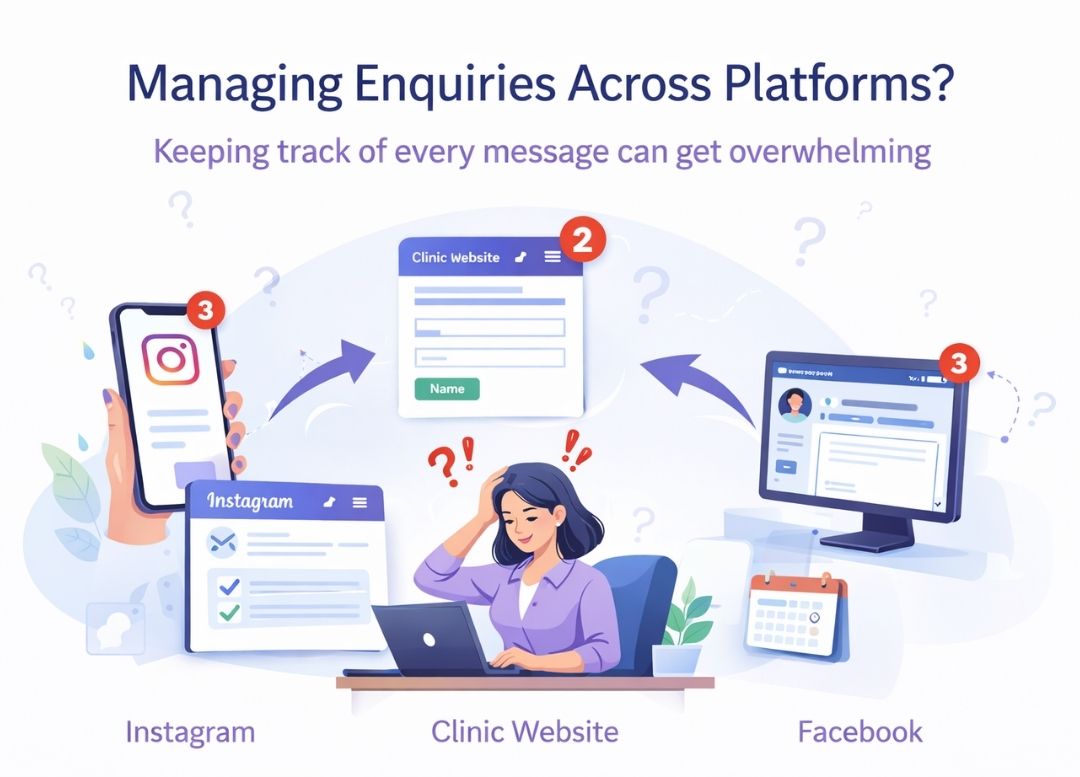Understanding the Mental Health Scene in India - A Beginner's Guide for Psychologists
Mental health is essential to overall well-being, yet it is often overlooked in many countries, including India. Mental health is a growing concern in India, as the number of people experiencing mental health problems is increasing. In this beginner's guide, we will explore the current state of mental health in India, provide insights into the challenges psychologists face in this field, and discuss how you can set up your practice in India.

On this page
Jump to sections
Mental health is a core part of overall well-being, yet in India it has historically received far less attention than physical health. Over the last decade, however, the situation has begun to change. Awareness is growing, conversations are opening up, and more people are seeking professional help.
From working closely with psychologists and mental health professionals across India, it’s clear that demand for mental health services is rising much faster than the available supply. For psychologists, this creates both a responsibility and an opportunity to contribute meaningfully to the country’s mental health ecosystem.
This guide is designed to help psychologists—especially those at the beginning of their journey—understand the current mental health landscape in India and how to navigate it professionally.
The Prevalence of Mental Health Disorders in India
Mental health disorders are far more common in India than many people realise.
According to the World Health Organization (WHO), nearly one in four people globally will experience a mental or neurological disorder at some point in their lives. India mirrors this global trend.
The National Mental Health Survey (NMHS) of India estimates that close to 150 million people in the country require active mental health intervention. This number is expected to increase as awareness improves and reporting becomes more accurate.
Some of the most common mental health conditions in India include:
- Depression, affecting tens of millions of individuals
- Anxiety disorders and stress-related conditions
- Bipolar disorder
- Schizophrenia
- Obsessive-Compulsive Disorder (OCD)
These figures clearly show that mental health challenges are not rare or isolated—they are widespread and deeply connected to social, economic, and lifestyle factors.
Barriers to Mental Health Treatment in India
Despite the high prevalence of mental health conditions, a large proportion of people in India do not receive timely or adequate treatment. Several key barriers contribute to this gap.
1. Stigma and Discrimination - Mental health issues are still heavily stigmatised. Many individuals fear judgement from family, employers, or society, which prevents them from seeking professional help.
2. Limited Access to Services - Mental health services are unevenly distributed, with a severe shortage in rural and semi-urban areas. This makes access difficult for a large part of the population.
3. Inadequate Insurance Coverage - Although mental health coverage has improved in recent years, insurance support remains limited. Out-of-pocket costs continue to be a major obstacle for many individuals.
4. Shortage of Trained Professionals - India has far fewer psychologists and psychiatrists than required to meet the population’s needs. This directly impacts the quality and availability of care.
Challenges Faced by Psychologists in India
Psychologists in India operate within a complex and evolving ecosystem.
One major challenge is the lack of clear understanding and recognition of psychology as a scientific and essential healthcare profession. Psychology is still sometimes viewed as a “Western concept,” which affects acceptance and funding.
Another critical issue is the shortage of qualified professionals. As demand rises, psychologists often face high caseloads, burnout, and limited support systems.
Stigma also affects professionals themselves. In some settings, mental health work is not taken as seriously as other medical disciplines, reducing institutional support.
Finally, limited access to ongoing professional development makes it harder for psychologists to stay updated with research, ethical standards, and best practices.
Despite these challenges, the ++future of psychology++ remains hopeful. Growing awareness, policy changes, and the use of technology are slowly strengthening the mental health ecosystem in India.
How to Get Started With a Psychology Practice in India
For psychologists looking to build a practice in India, a structured and ethical approach is essential.
1. Get the Right Education - A recognised degree in psychology is the foundation. Post-graduate training or professional certification in areas such as clinical psychology, counselling psychology, or educational psychology is crucial for credibility and competence.
2. Build a Strong Professional Network - Connecting with fellow psychologists, psychiatrists, and mental health organisations helps build trust and referrals. Conferences, workshops, and professional associations play a key role here.
3. Create a Clear Business Plan: A business plan helps define:
- your services
- your target population
- pricing and sustainability
- outreach and marketing strategy
This clarity is especially important when starting independently.
4. Set Up Your Practice Space
Your practice can be physical, virtual, or hybrid. Digital platforms like LifeHetu make it easier for psychologists to manage appointments, engage clients, and deliver care securely—especially when working online.
5. Promote Ethically
Marketing should always be ethical and transparent. Educational content, community engagement, and referrals often work better than aggressive advertising in mental healthcare.
6. Focus on Quality and Growth
Continuous learning, supervision, and self-reflection are essential. High-quality care not only benefits clients but also builds long-term professional credibility.
Conclusion
The mental health landscape in India presents significant challenges, but it also offers meaningful opportunities for psychologists to create impact. With rising awareness, increasing demand, and the support of technology, psychologists are well-positioned to strengthen mental healthcare delivery across the country.
Understanding the ecosystem is the first step toward building a sustainable, ethical, and effective psychology practice in India.
About the Author
Puneet is the founder of LifeHetu Technology, a platform built specifically for mental healthcare professionals to manage appointments, documentation, payments, and client engagement securely. He works closely with therapists, psychologists, and counselling centres to simplify digital practice management while preserving confidentiality and clinical integrity.
FAQs
What is the current state of mental health in India?
Around 150 million people need mental health services, with numbers expected to rise, per WHO and NMHS data.What are the main barriers to mental health treatment in India?
Stigma, lack of services, inadequate insurance, and a shortage of trained professionals hinder access.What challenges do psychologists face in India?
Lack of recognition, shortage of professionals, stigma, and limited resources for development are key issues.What education is required to start a psychology practice in India?
A psychology degree and post-graduate or certification in a specialty like clinical psychology are essential.How can networking benefit a psychology practice?
It builds reputation, secures referrals, and connects with mental health communities and events.Why is a business plan important for a psychology practice?
It outlines goals, services, market, and finances, keeping the practice organized and focused.Where can psychologists set up an online practice in India?
Explore options at LifeHetu.
On this page
Jump to sections
Related Reads. Similar Blogs to Check Out.





